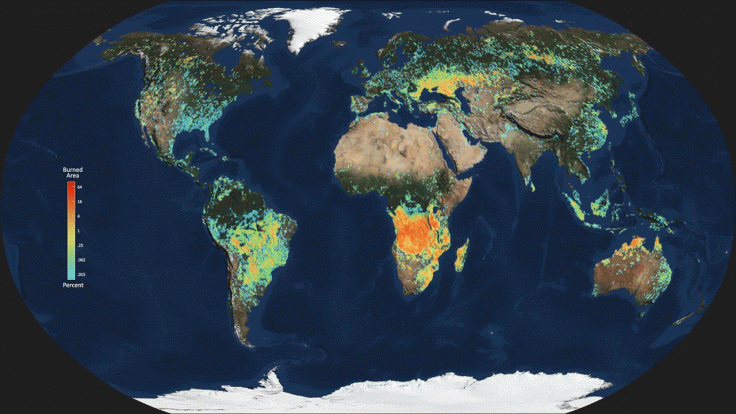
Methane levels in the atmosphere have been rising since 2007, and it is even shooting up faster than ever since 2014, said a study that also discussed the potential causes and consequences of this drastic change in methane (CH4) level.
As per the atmosphere experts, methane, which is 21 times more powerful greenhouse gas than carbon dioxide (CO2), decays into the climate faster than CO2 does. According to the US Environmental Protection Agency, it is far more as a molecule of methane is capable of causing 28 to 36 times more heat than a molecule of carbon dioxide over a 100-year period.
Recent studies also showed that methane level has risen from about 1,775 ppb (parts per billion) in 2006 to 1,850 ppb in 2017.
The first author of the new article, Sara Mikaloff Fletcher said that the emission targets in the Paris Agreement that were based on the collected data between 1990 and early 2000s, during the time when methane levels were at its perfect stage.
Mikaloff, who is a climate scientist with New Zealand's National Institute of Water and Atmospheric Research in Wellington also added that it was thought that the methane levels have been declining since 2010, but in reality, they have been rising since 2007.
Even though the scientists could not find why methane is rising drastically, a study published in 2017 has shown a possible cause which involved livestock, such as cows and other animals. As per that study, these animals play an important role in carbon cycling through consumption of biomass and emissions of methane, since they burp methane as they digest food.
The study also added another contributing factor which showed that people are releasing more fossil fuel emissions while burning less wood and other biomass.
In the study, which was was published in the journal Science, Mikaloff stated that since methane is a potent greenhouse gas, "rising atmospheric CH4 presents a major challenge to achieving the goals set out in the Paris Agreement, an international consensus to limit temperature increase to 2°C or, if possible, to 1.5°C above preindustrial levels."
She added that it is possible that the rising temperature is triggering wetlands to release more methane while changing the atmospheric chemistry that could be slowing down methane's break down process.
Earlier researchers of the University of Washington School of Medicine claimed that the iron-only nitrogenase enzyme plays a big role in generating methane. Scientists found that almost 10 percent of nitrogen-fixing microorganisms contain the genetic code for generation of the enzyme and it is now responsible for the production of methane from carbon dioxide.
Quick facts on Methane and its effect on climate









